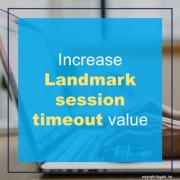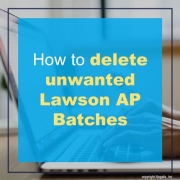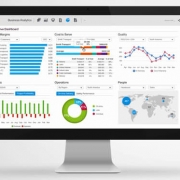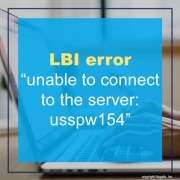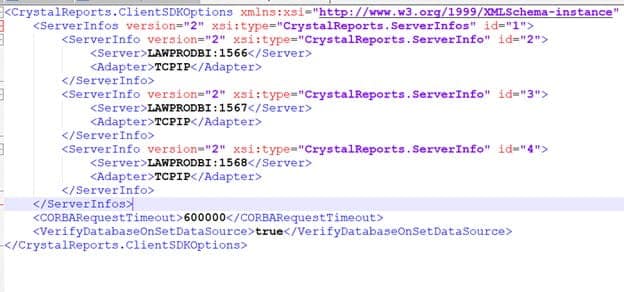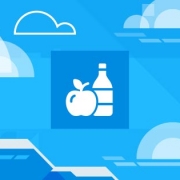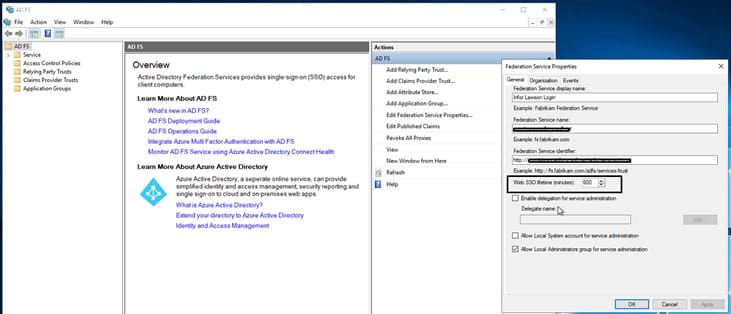Another CES in Las Vegas is here and technology showcases were no short of excitement. The Mashable team shares below the best tech products they’ve seen so far in several categories. All of these products, the noted, demonstrated some degree of innovation, allure, practicality, and technological advancement, eliciting feelings of intrigue, curiosity, and wonder.
Best TV: LG Signature OLED T. “A transparent TV might not be the most practical product. Why would you want a TV you can see through when the goal is to watch it? But that’s where LG’s innovation comes in. The LG Signature OLED T is a regular (albeit high-end) OLED TV that has a transparent mode when the contrast filter is lifted. This means when you’re not watching it, the display seamlessly blends into the background.”
Best monitor: Alienware 32-inch 4K QD-OLED gaming monitor. “Meet the world’s first world’s first 4K QD-OLED gaming monitor. It supports Dolby Vision, delivers a refresh rate of 240Hz, and offers an impressive responsive rate of 0.03 ms.”
Best car: Razer Lexus TX. “Put simply, it’s a LAN party on wheels. Razer filled this 2024 Lexus TX with gamer chairs in the back rows, four widescreen gaming monitors, and even a desk and keyboard at one of the backseats. There’s a series of RGB lights on the exterior that can change color on demand, too. It looks like a gaming laptop that’s the size and shape of an SUV. Then you pop the trunk and see a docking station for four Razer gaming laptops and a built-in Xbox Series X. Razer’s Lexus concept car may not be street legal, but it’s our winner for best car at CES 2024.”
Best tablet: Wacom Cintiq Pro drawing tablets. “It delivers a 4K display, and whether it was the 27-inch, 22-inch or 17-inch, the tablet was spacious enough to tap into my affinity for drawing comics. The Wacom Cintiq Pro comes with the new Wacom Pen, which felt ergonomic to the touch. It allows you to use natural touch gestures, including rotating, zooming, and panning.”
Best laptop: Asus Zenbook Duo. “This dual-display laptop won our hearts, as it’s able to transform into several different modes, including a lie-flat posture for sharing, a book-like mode that lets you multitask between two apps, and a stunning vertical workstation with two 14-inch displays, 3K OLED screen, and a 120Hz refresh rate. The best part of the ZenBook Duo is its accessibility. Dual-display laptops are no longer out of reach for the average consumer.”
Best wearable: TCL RayNeo X2 Lite. “Wearables, and specifically AR wearables, were a big thing at CES 2024 this year. So, there are a lot of contenders for best wearable. TCL-incubated TCL RayNeo X2 Lite would easily steal the show with its real-time translations, complete with augmented reality captions. These wireless glasses were impressive to see, but it still feels like an early work-in-progress version of what could be a superior future product.”
Best smart home: Samsung Bespoke 4-Door Flex Refrigerator. “What struck Mashable’s Kimberly Gedeon about Samsung’s 4-Door Flex Refrigerator is that it can recognize 33 food items, thanks to its AI capabilities. This means that it can detect a variety of food stuff in your fridge, plus it can give you recipes based on what’s inside.”
Best concept: Bmind smart mirror. “Everyone wants an AI in everything now, including your mirror. Last year, Baracoda came to CES with BMind, a smart mirror with a focus on your personal wellness. Now, it’s brought BMind back with a personal AI assistant that speaks to you about gratitude meditation and tips on how to be your best self on a bad day. Mashable’s AI reporter Cecily Mauran was able to get a hands-on experience with BMind and said that, unlike other smart AI assistants, Baracoda’s CareOS takes privacy seriously. According to the company, the AI model and the information it receives is stored locally and it only connects to the internet if you want it to.”
For Full Article, Click Here



